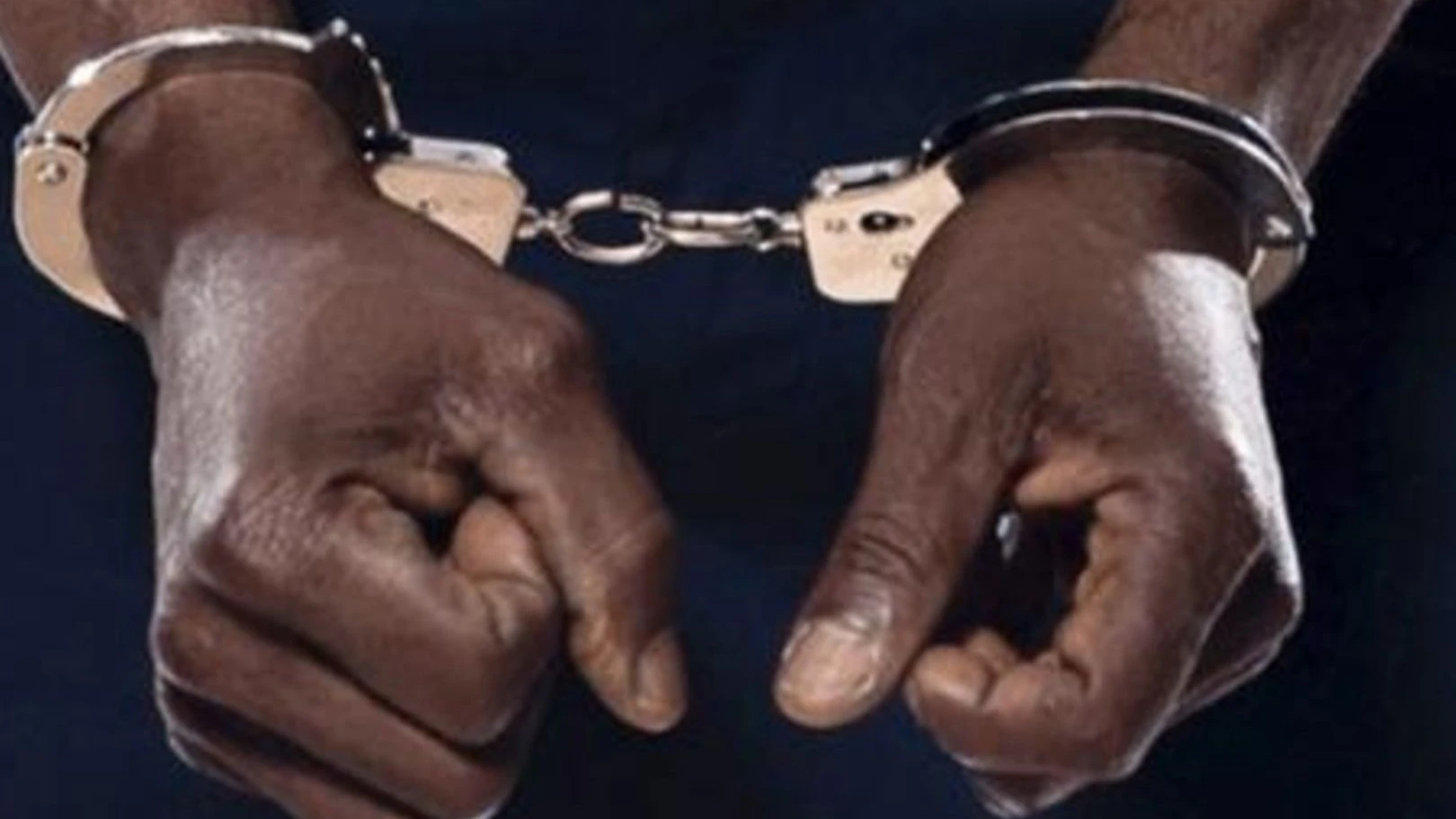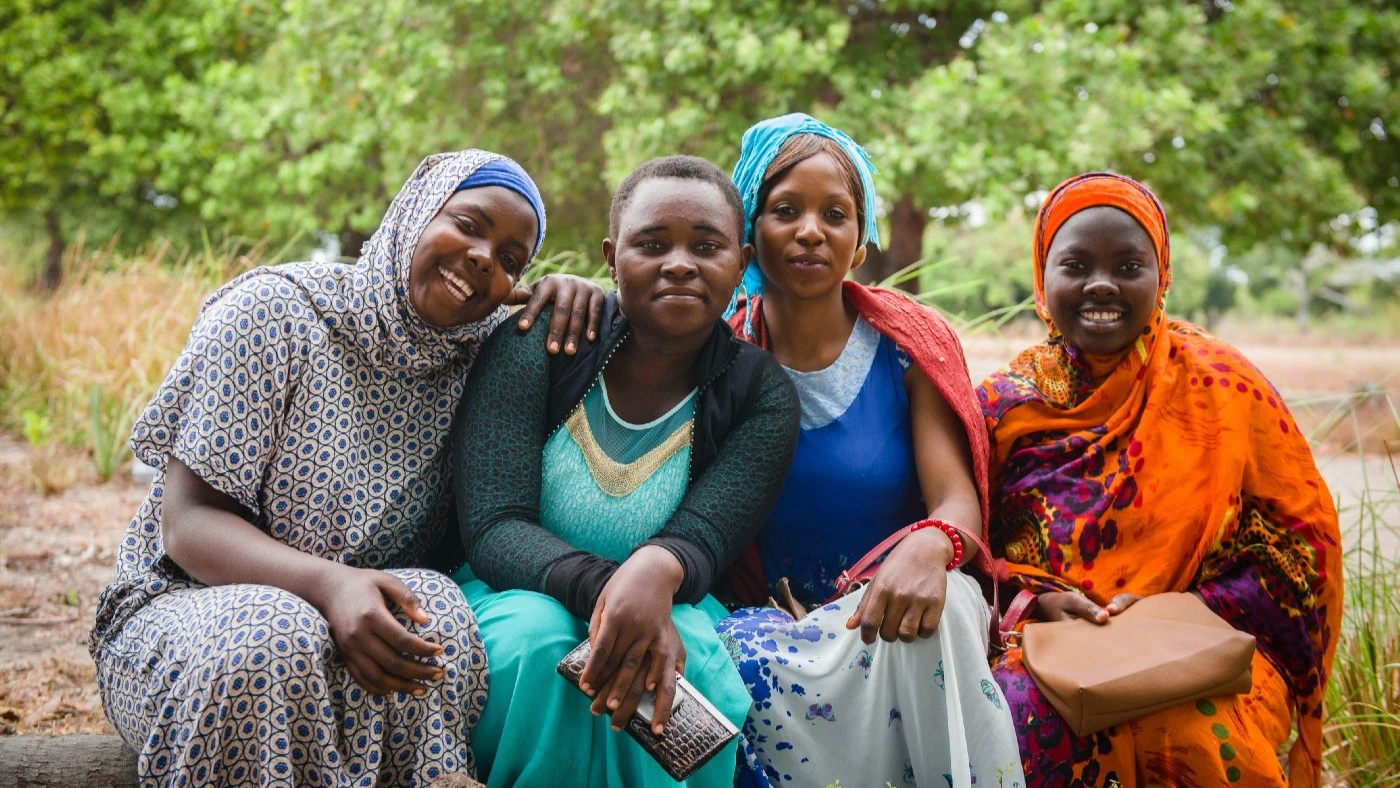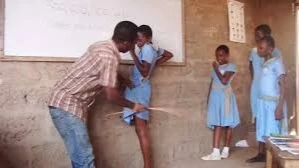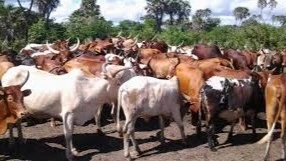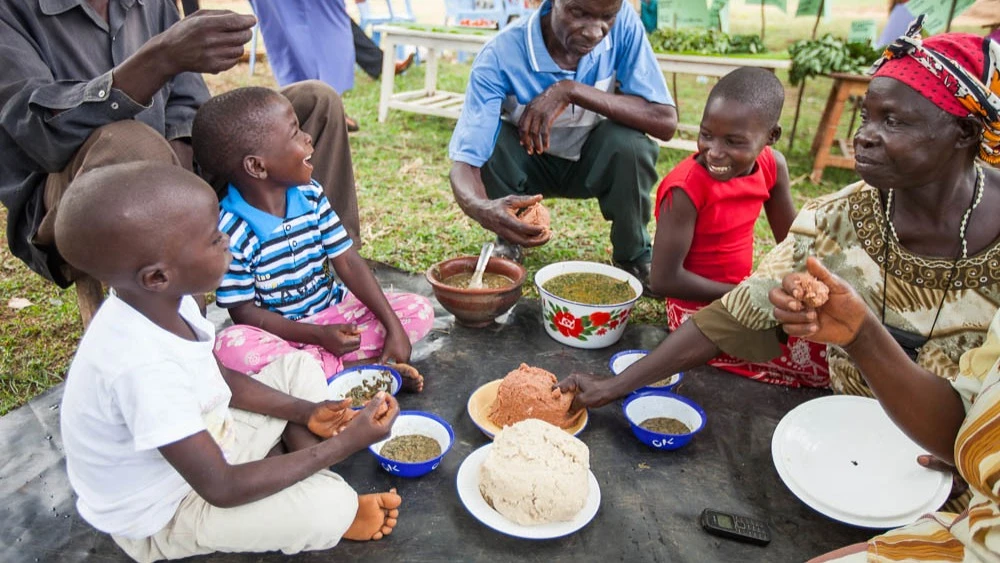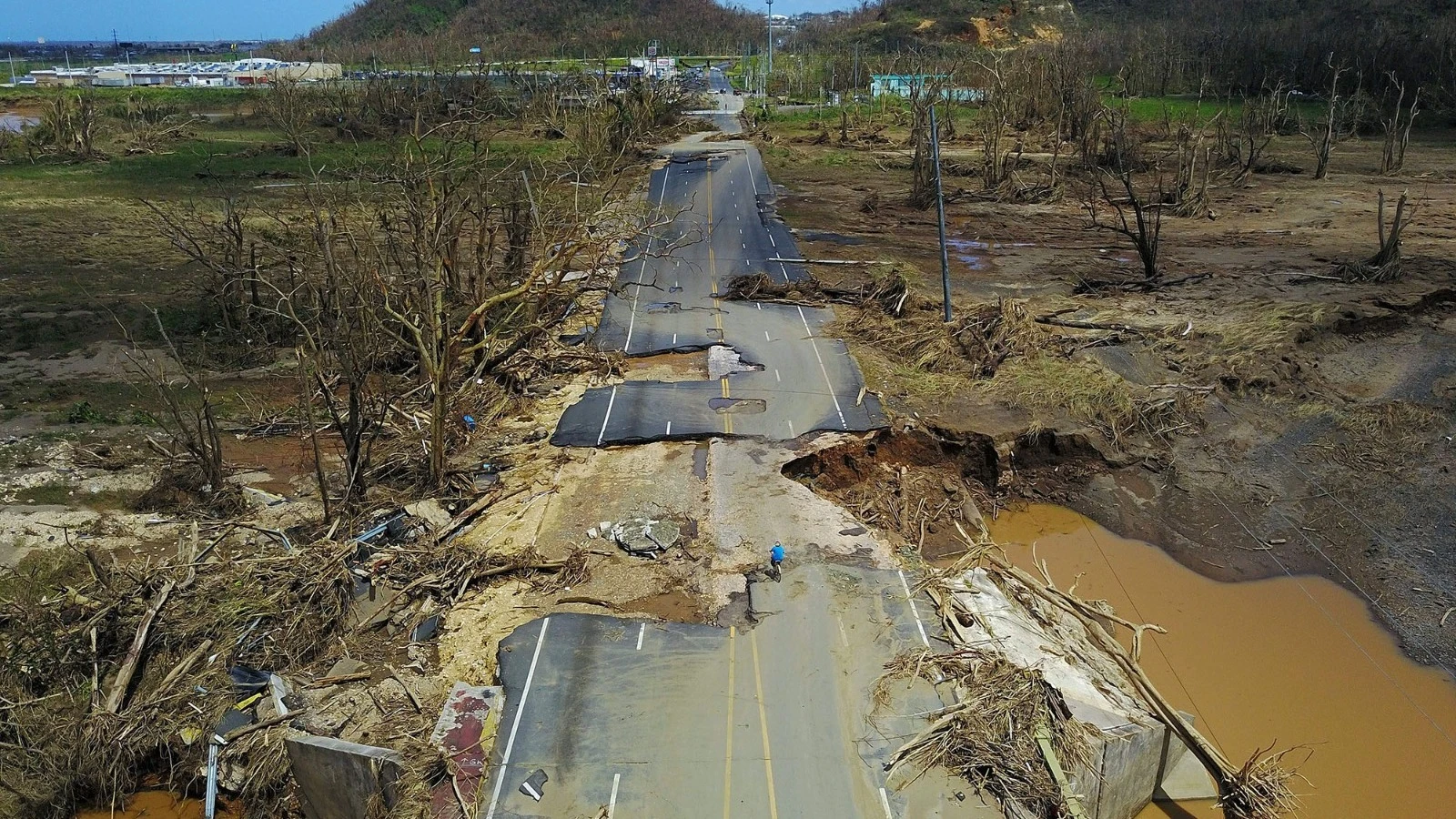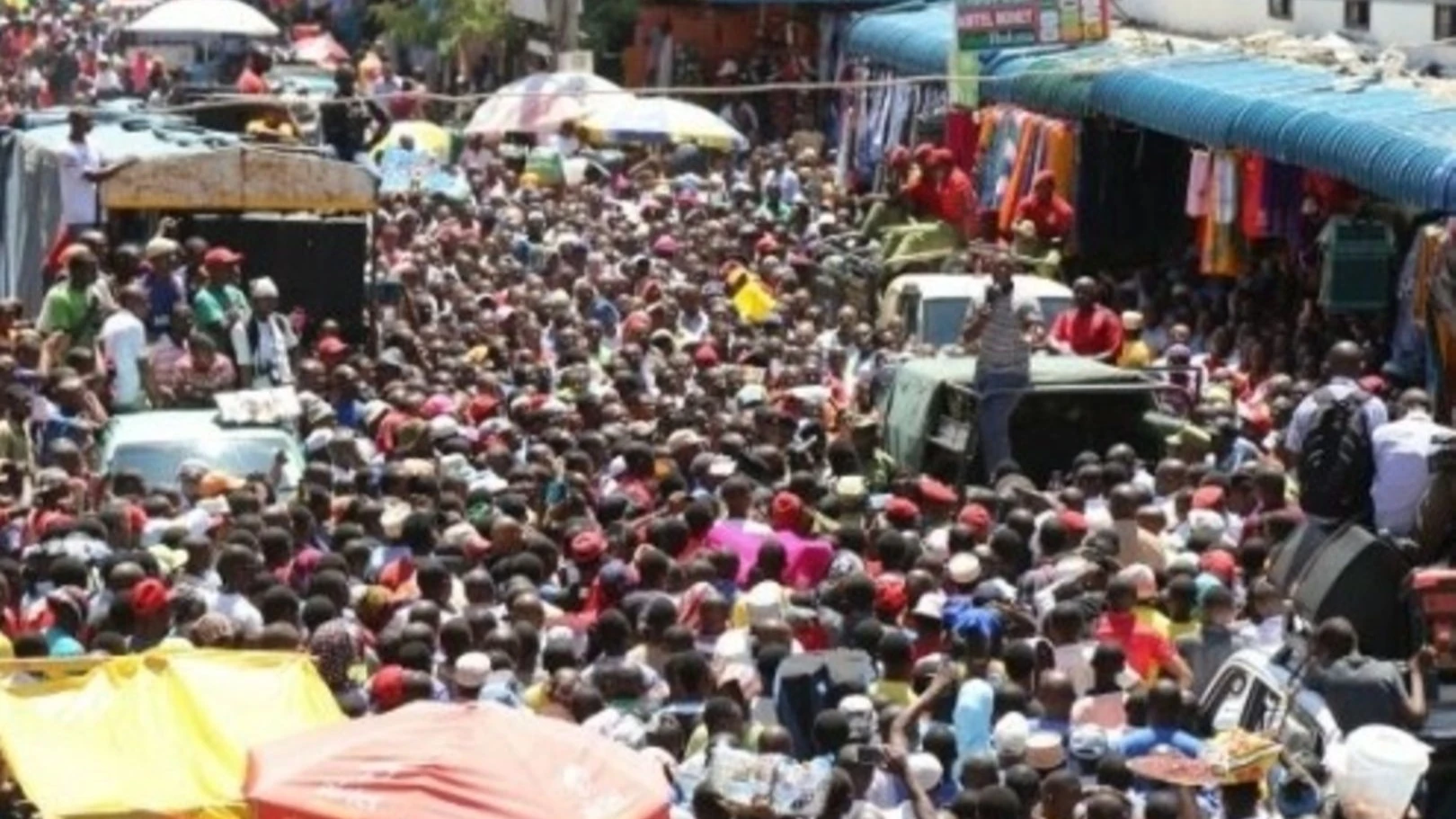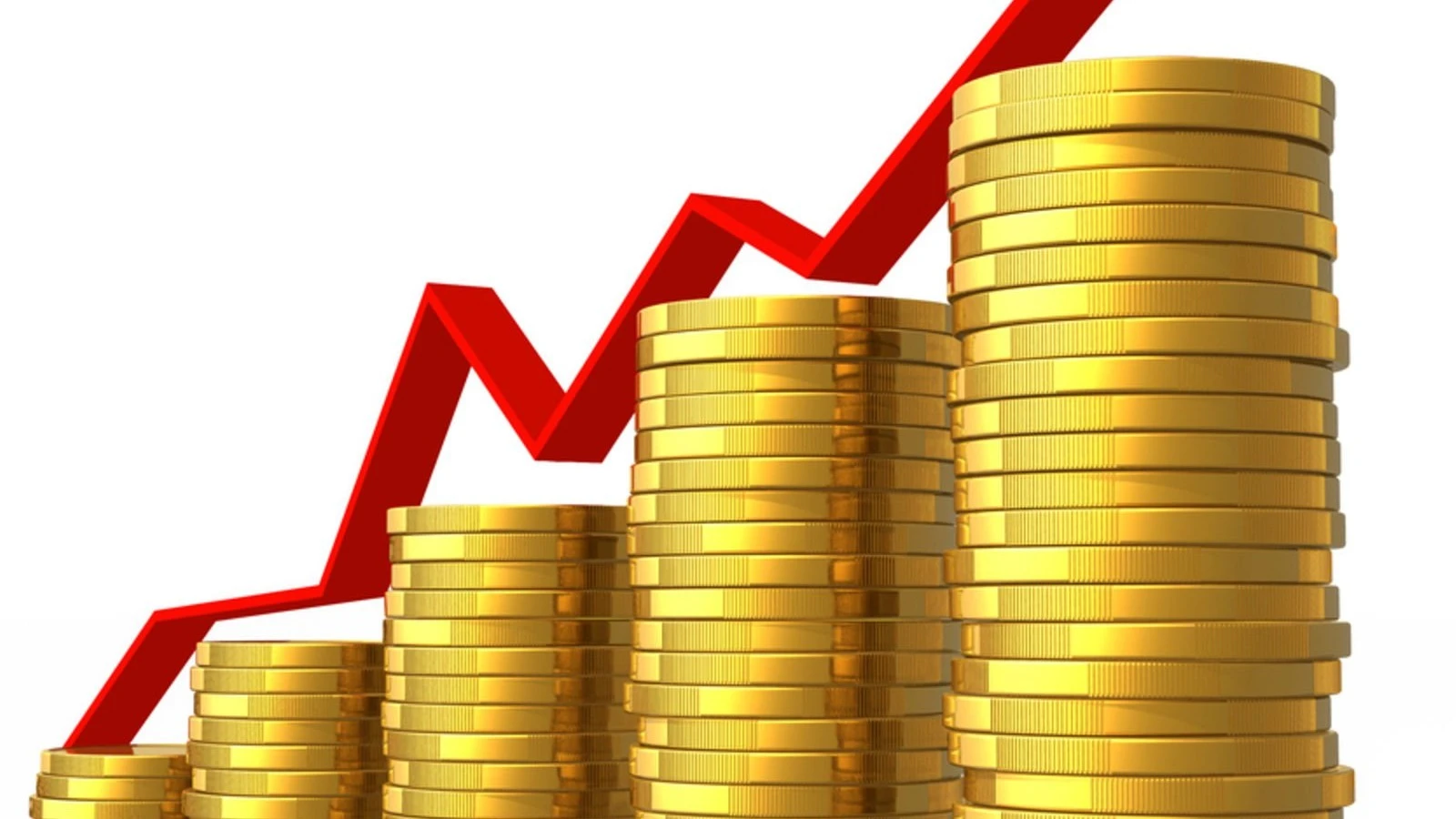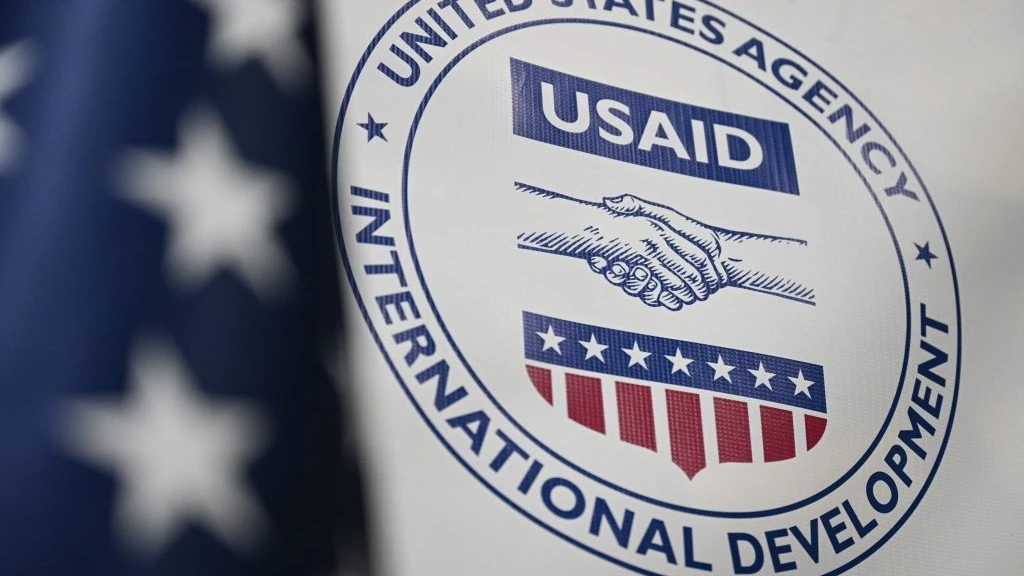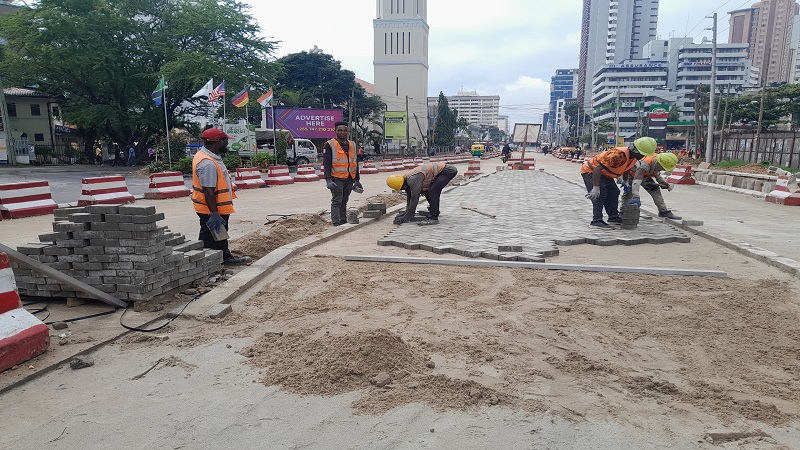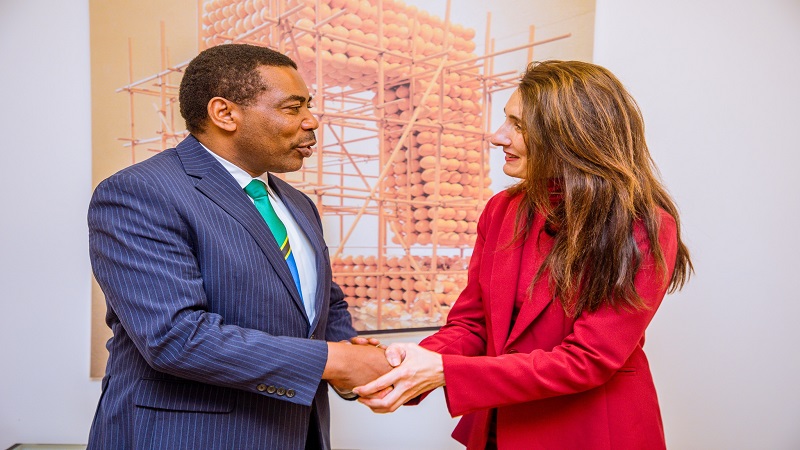Africa's moment: The year of reparations, reclamation of delayed economic justice
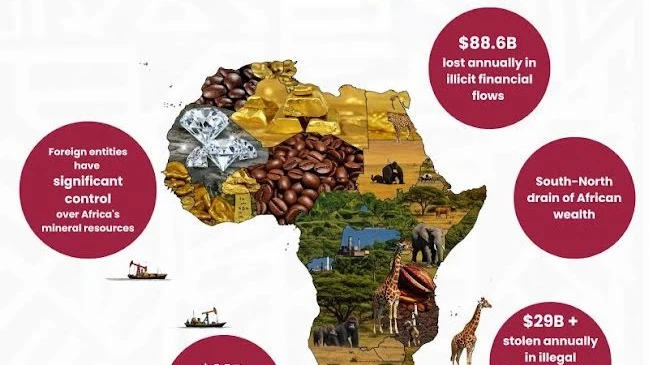
THE African Union’s declaration of 2025 as the Year of Reparations marks a crucial turning point in the continent’s long struggle for justice. It’s not just about seeking compensation for historical wrongs; it’s about reclaiming Africa’s future from centuries of exploitation and reclaiming the power to chart its economic destiny.
The implications are profound—this declaration confronts the deep-rooted legacy of colonialism, acknowledging that Africa’s wealth, culture, and people have been systematically robbed and marginalized. For many, the call for reparations is a lifeline, a chance to restore dignity and address the inequalities that have prevented true development for generations.
As this movement gains momentum, it’s not just a political statement—it’s a personal reckoning for millions of Africans who feel the weight of history in their daily lives. The effects of colonial debts, predatory trade policies, and foreign control over natural resources have reverberated through families, communities, and entire nations.
The promise of reparations isn’t just about receiving financial restitution; it's about transforming a system that has historically placed Africa at the mercy of outside forces. It’s about shifting the power dynamic, empowering the continent to rise above the historical injustices that have stunted its growth and potential.
What’s striking about this year of reparations is that it isn't just a far-off policy goal—it’s felt on the ground, where grassroots movements are amplifying the demand for real, meaningful change.
For Africans, it’s an opportunity to not only reflect on the past but to finally take a stand for the future. It’s a statement that Africa's economic landscape will no longer be shaped by the shadow of colonialism but by the resilience, creativity, and determination of its people. And in this moment, the world will be forced to listen.
This year, however, marks a significant turning point. Reparations aren't just a demand for financial compensation—they're about ending a legacy of economic subjugation and beginning a new era of empowerment.
As African leaders rally behind this cause, it’s clear that the Year of Reparations is far more than a symbolic gesture. It's an opportunity to address an enduring injustice.
For decades, African nations have struggled under the weight of colonial debts—debts incurred under deeply exploitative conditions that continue to drain vital resources from the continent.
To illustrate this, one African diplomat, speaking off the record, shared, “We cannot continue to allow foreign powers to benefit from Africa's labour and resources while we drown in debt. Reparations are about reclaiming what is ours and ensuring future generations have the opportunity to thrive.”
Yet, it’s not just the African governments calling for this shift. The voices of ordinary Africans, particularly the youth, are ringing out loud and clear. These young people, deeply aware of the inherited systems that have kept them in poverty, are using technology and innovation to carve out a new path.
One commenter, Michael Clarke, an entrepreneur and mathematician, reflected passionately on this transformation: “The more they push policies, the more complicated it gets, but we see through it. The very technology they used to exploit us will now be our tool for self-governance. We’re not waiting for permission. The system will change, and we’ll lead the charge.”
For these young Africans, reparations go beyond financial restitution—they represent a chance to rewrite the economic rules that have governed the continent for centuries. As the global order begins to shift, Africa’s youth see a future where they can take control of their resources and reshape their economies to serve the people, not foreign interests.
The continent’s wealth has been siphoned off for too long. In the words of Nikita Shiel-Rolle, an oceanpreneur and environmental advocate, “Economic justice isn’t charity. It’s overdue accountability, and it’s time the world understood that Africa’s wealth belongs to Africa.”
The movement is gaining momentum, with intellectuals, activists, and leaders from all corners of the continent joining the call. Ria Pullin, the founder of Align with Africa, reinforces this shift in mindset: “Reparations aren’t about looking back—they’re about shaping a future where Africa’s people are no longer subjugated.
Reparations are not a gift; they are a right that Africa must claim.” In this light, the Year of Reparations is not just a political initiative—it’s a moral and spiritual one, too. It’s about reclaiming dignity, self-determination, and power.
Nevertheless, this call for reparations isn’t without its critics. Some, like Allan Okoth, are more skeptical about the prospects for change. He warns that while the Year of Reparations might sound promising, significant transformations are likely to only take root in countries with strong internal movements, like Burkina Faso.
His concern is grounded in the harsh reality that many African governments, often under external pressure or influence, may not fully commit to the radical changes required. “There are powers in place that will fight this tooth and nail.
The real change may come, but only if we have leaders who won’t be intimidated,” he says, a sentiment echoed by others who are wary of the entrenched global systems that benefit from Africa’s continued exploitation.
Despite these concerns, the momentum of the reparations movement is undeniable. The African Union, alongside civil society organizations, is pushing ahead with bold reforms aimed at ensuring Africa retains control over its wealth and resources.
According to Standwell Banda, a political analyst, “We’ve been colonized mentally for far too long. It’s time to shift our mindset and start taking back what was taken from us.” This mental colonization, he argues, has been one of the greatest obstacles to true economic independence in Africa. Until Africa shifts from being a consumer of others' ideas and resources to a producer of its own, true economic justice will remain out of reach.
Yet, the story is not all bleak. As more Africans understand the depth of their potential, both in terms of resources and innovation, the call for reparations becomes a rallying cry for unity. Africa is beginning to see itself not as a victim, but as a global powerhouse with untapped resources and potential that must be nurtured and safeguarded for its people.
With the increasing rise of technology and digital tools, young Africans are forging their paths—paths that don't require the permission of external forces. “Reparations are ours to claim,” a prominent African leader asserts. “But if they can create wealth from nothing, so can we.”
The Year of Reparations is far from an abstract concept. It is a lived reality for millions of Africans who are beginning to see the potential for a different future—one where their wealth, both natural and intellectual, is not exploited for the benefit of others, but nurtured for the well-being of their people.
The push for reparations is not just an economic fight; it’s a spiritual revolution. It is an awakening, a collective effort to break free from centuries of exploitation and reclaim Africa’s rightful place in the world.
As the year unfolds, there will undoubtedly be obstacles, and not every nation will move at the same pace. But the message is clear: Africa is no longer passive in its history.
The Year of Reparations is just the beginning of a long-awaited journey toward economic justice, self-determination, and a future where Africa’s wealth is used to uplift its people, not others. The movement has gained too much traction to be dismissed, and the voices calling for reparations are stronger than ever. Africa is rising.
Top Headlines
© 2025 IPPMEDIA.COM. ALL RIGHTS RESERVED











